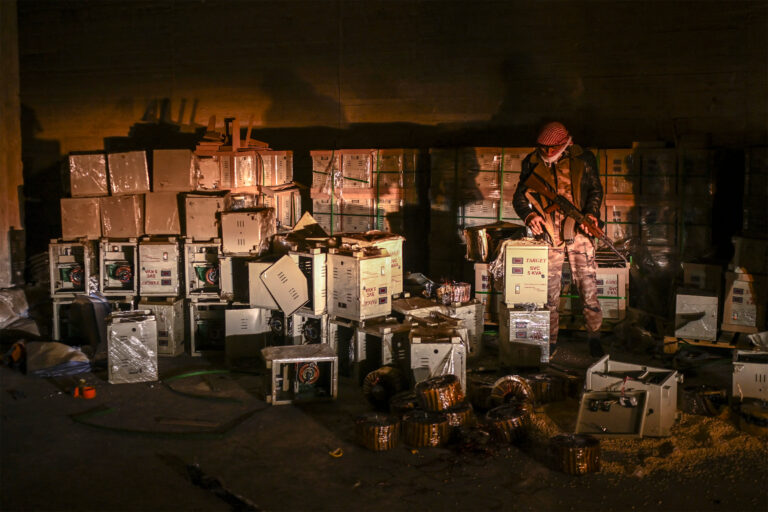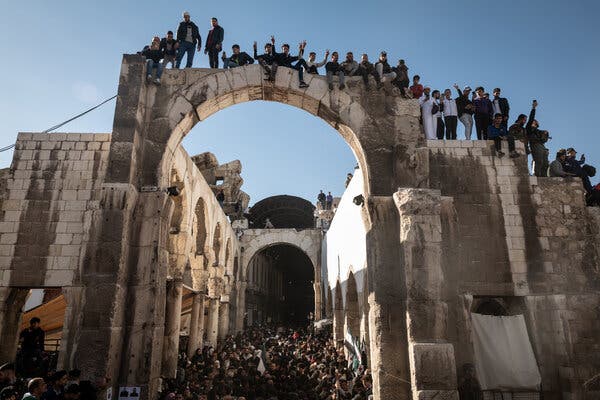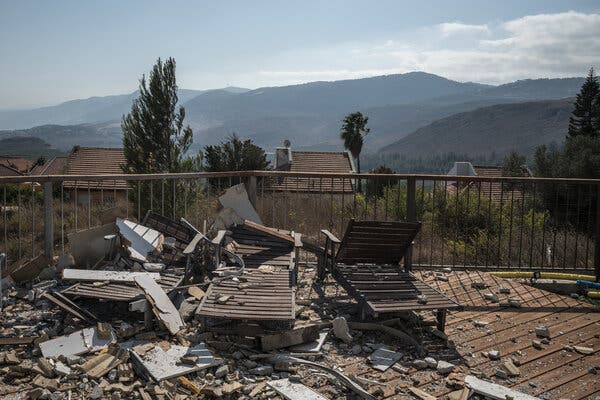The Israeli military considers the force a major threat to its northern border and has portrayed Aqeel, whom it claimed to have killed on Friday, as its de facto commander.

Israel has long seen Hezbollah, with thousands of trained fighters and a deep arsenal of rockets and other weapons, as the most formidable foe on its borders. And Israeli officials say Hezbollah’s elite Radwan force, in particular, poses a major threat.
Israel claimed that it killed the force’s de facto commander, Ibrahim Aqeel, in a strike on a building in the Dahiya area of southern Beirut on Friday.
Hezbollah began firing missiles and drones at Israel on Oct. 8 in solidarity with Hamas in Gaza, and Israel has struck across Lebanon in response, prompting months of conflict that have displaced over 150,000 people in both countries. The strike on Friday deepened fears that the cross-border conflict could broaden into a larger regional conflict alongside the war in Gaza.
Why does Israel call the Radwan unit a threat?
Radwan has taken the lead in Hezbollah’s long-running conflict with Israel, and in the cross-border attacks that have escalated since the Hamas-led Oct. 7 attack on Israel set off the war in Gaza. Israeli military analysts say that Radwan has adopted the mission of conquering the northern Israeli region of Galilee.
Hezbollah and Hamas share a patron in Iran. If Iran and its proxies were to make a serious effort to broaden the war, the Israel-Lebanon border would be the likeliest place to do it.
“The Radwan force is dedicated to duplicating what happened on Oct. 7 in the south of Israel in the north,” Tamir Hayman, a retired general who led Israeli military intelligence until 2021, said in an interview in January, after a strike in southern Lebanon killed a commander that Lebanese officials tied to the Radwan force. “For that exact reason, it’s unacceptable for Israel to allow its fighters to remain in the border area.”



